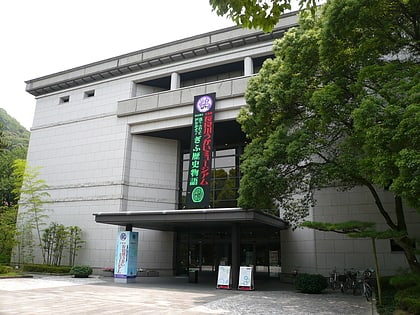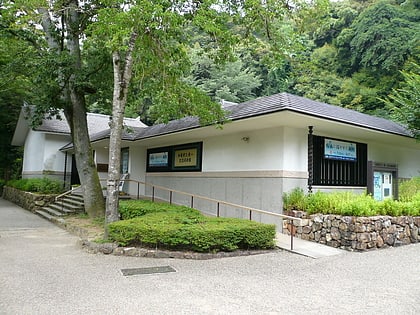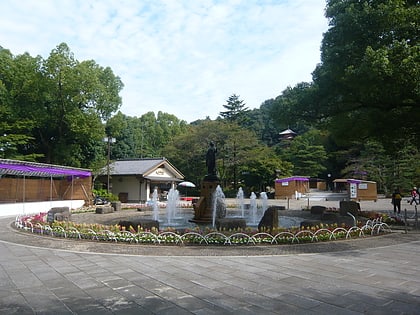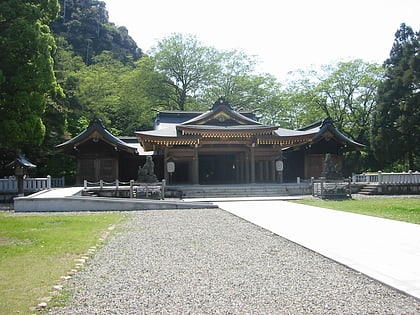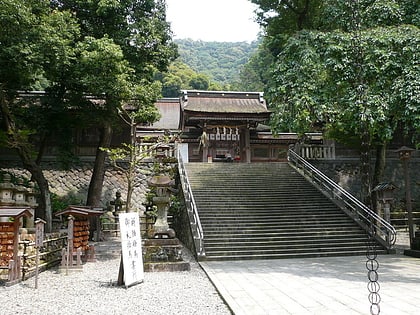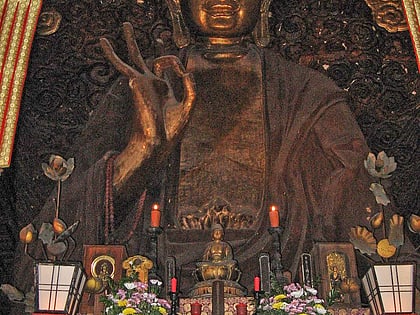Cormorant Fishing House, Gifu
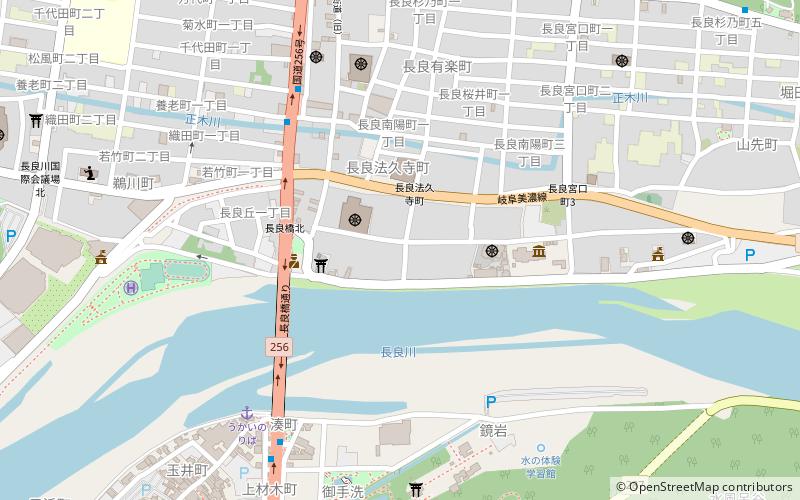

Facts and practical information
Nestled in the heart of Gifu, Japan, the Cormorant Fishing House is a unique museum dedicated to the ancient art of Ukai, a traditional fishing method using trained cormorant birds. This practice, with a history that spans over 1300 years, is not only a testament to human ingenuity but also a living cultural heritage that has been passed down through generations of fishermen in the region.
The Cormorant Fishing House stands as a celebration and preservation of this distinctive fishing technique. Visitors to the museum can delve into the fascinating world of Ukai, exploring exhibits that detail the life of the fishing masters, known as 'usho,' the biology of the cormorant birds, and the intricate tools and techniques employed in the practice.
The museum's displays include traditional fishing boats, the 'ubune,' and the 'kagari-bi,' a type of fire basket used to attract fish during nighttime fishing expeditions. The exhibits are both educational and interactive, offering a profound insight into the symbiotic relationship between the fishermen and their avian partners.
One of the highlights of the Cormorant Fishing House is the live demonstrations that allow visitors to witness the cormorants in action. These demonstrations, held on the serene waters of the Nagara River, showcase the birds' remarkable abilities and the unique bond they share with the usho. It's an experience that beautifully illustrates the harmony between humans and nature.
The museum also provides educational programs and workshops for those interested in learning more about the cultural significance of Ukai and the ecological aspects of the practice. Through these programs, the Cormorant Fishing House plays an instrumental role in ensuring that the tradition of cormorant fishing continues to thrive and be appreciated by future generations.
Cormorant Fishing House – popular in the area (distance from the attraction)
Nearby attractions include: Gifu Castle, Nawa Insect Museum, Gifu City Museum of History, Nagaragawa Convention Center.



